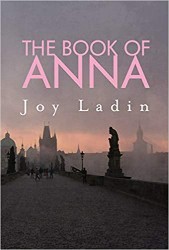A trailblazing lesbian poet, child Holocaust survivor, and political activist whose work is deeply informed by socialist values, Irena Klepfisz is a vital and individual American voice. This book is the first complete collection of her work. For fifty years, Klepfisz has written powerful, searching poems about relatives murdered during the war, recent immigrants, a lost Yiddish writer, a Palestinian boy in Gaza, and various people in her life. In her introduction to Klepfisz’s A Few Words in the Mother Tongue, Adrienne Rich wrote: “[Klepfisz’s] sense of phrase, of line, of the shift of tone, is almost flawless.”

Her Birth and Later Years: New and Collected Poems, 1971 – 2021
Discussion Questions
Irena Klepfisz’s monumental Her Birth and Later Years: New and Collected Poems spans half a century and contains a body of work that is remarkable for its prescience, variety, and longevity. Every aspect of Klepfisz’s identity is integrated across the work. She writes as a Jew, a lesbian, a Yiddish speaker, an activist, and a Holocaust survivor — the themes and events that have shaped her mind and heart. Her voice is unmistakable, with a graceful and lilting syntax that is broken through fragmentation and pause. Her subject matter is stunningly broad, writing in the voices of zoo animals and lost poets, but she always returns to her memories of having been hidden as a child during the Holocaust, and that separation from and reunion with family endures as a central theme across her life and poems. In presenting the history and development of Klepfisz’s work, this collection also shows us the evolution and development of Jewish poetry itself.

Help support the Jewish Book Council.


